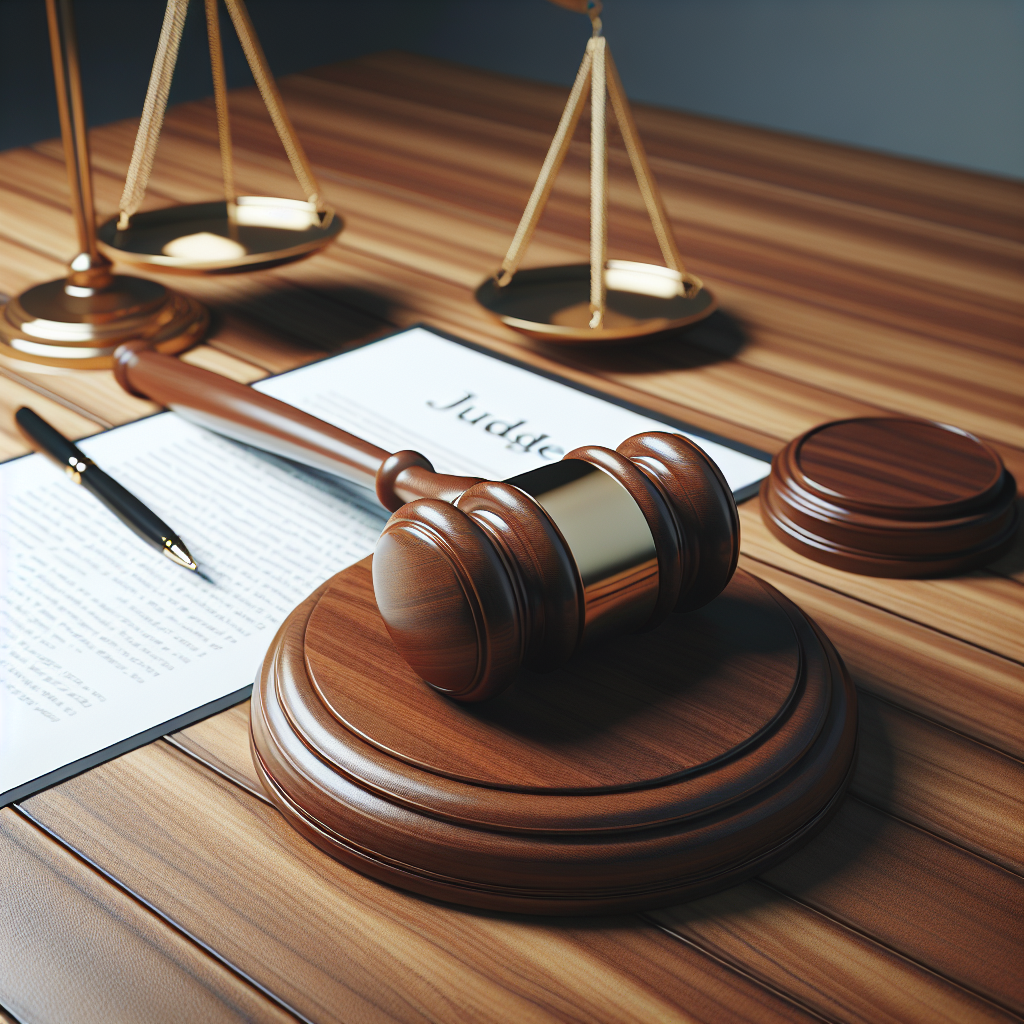For the first time in U.S. history, a federal judge has ruled the appointment of a special prosecutor unconstitutional, leading to the dismissal of one of former President Donald Trump’s significant criminal cases and potentially challenging a long-standing practice.
U.S. District Judge Aileen Cannon ruled that Attorney General Merrick Garland lacked the authority to appoint Jack Smith as a special counsel to investigate Trump’s alleged crimes.
Although the Justice Department has announced plans to appeal the ruling, this decision temporarily halts Trump’s prosecution over the alleged retention of classified documents post-presidency. This sets the stage for another constitutional battle.
Peter Carr, spokesman for special counsel Jack Smith, released a statement criticizing Judge Cannon’s decision, stating it diverges from the conclusion of all previous courts that the Attorney General can appoint a Special Counsel.
Carr did not specify whether Smith would personally pursue the appeal or provide details on the timing or location of the filing. Judge Cannon clarified that her ruling does not affect special counsel appointments in other cases until an appellate court decides otherwise.
A Historical Departure
In a Florida courtroom, prosecutor James Pearce highlighted the historical role of special prosecutors in handling significant U.S. scandals since President Ulysses S. Grant’s administration. Past cases reaffirmed the practice’s constitutionality, including the Supreme Court’s decision during the Nixon tapes case.
However, Judge Cannon disregarded this history, finding that Smith’s appointment breached the Appointments Clause of the Constitution. In her 93-page ruling, she highlighted that the Constitution requires Senate consent for “officers,” except for “inferior officers” appointed by department heads under specific congressional authorization. Cannon argued that the statutes the Justice Department relied on since 1999 did not support Smith’s appointment and suggested Smith could be considered a “principal” officer, which would make his appointment unconstitutional.
Despite previous challenges to the authority of special prosecutors, primarily in the D.C. Circuit, Cannon’s ruling in the 11th Circuit marks a departure.
Supreme Court Signals
To support her decision, Cannon differentiated from existing Supreme Court precedent, noting that the 1974 decision during Nixon’s case did not challenge the special prosecutor’s authority. She also dismissed the applicability of the 1988 decision in Morrison v. Olson, which upheld a now-expired anti-corruption law, arguing the statute cited did not apply.
Cannon also drew on Justice Clarence Thomas’ concurring opinion in a Trump immunity case, where Thomas expressed doubts about the constitutionality of special prosecutor appointments.
What’s Next for Jack Smith?
Matthew Seligman, a lawyer who opposed Trump on behalf of constitutional law professors, predicted a swift appeal, criticizing Cannon’s decision as detached from precedent and statutory texts. Some legal analysts had previously questioned potential biases in Cannon’s handling of the case, with the 11th Circuit reversing her actions post-FBI search of Mar-a-Lago. However, her recent ruling opens possibilities for an appeal that could include challenges to her assignment.
Appellate Risks and Rewards
Smith has the option to appeal to the 11th Circuit or take the case to the Supreme Court. If Cannon’s ruling is upheld, it could jeopardize the status of numerous Justice Department officials whose appointments rely on similar statutes.
Judge Tanya Chutkan, overseeing Trump’s election interference case, is bound by D.C. Circuit precedent contradicting Cannon’s ruling. A challenge in Chutkan’s court could escalate to the Supreme Court.
Combined with the Supreme Court’s recent immunity decision, affirming Cannon’s ruling could significantly complicate the appointment of independent special counsels to investigate sitting presidents, potentially impacting the use of the criminal justice system for such matters.
